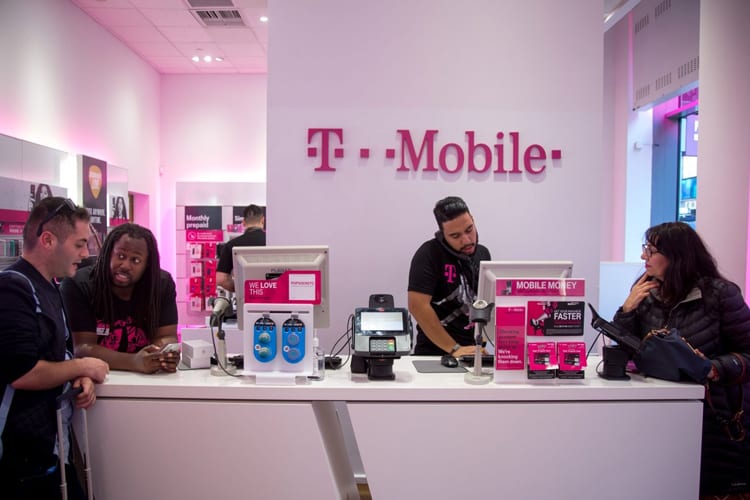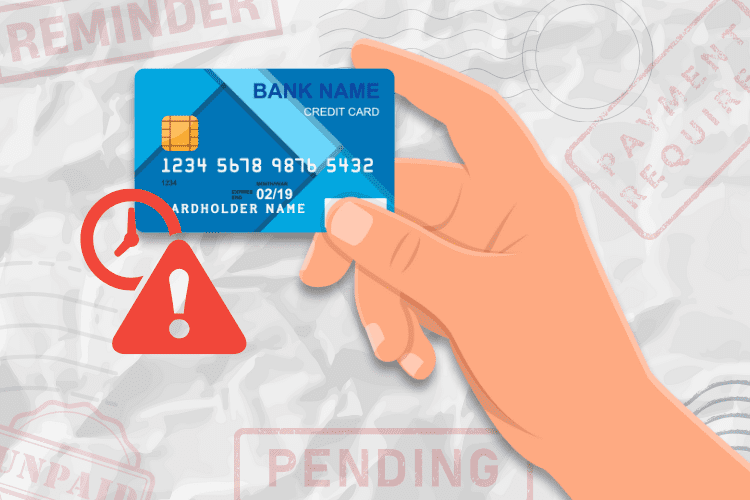Verizon and T-Mobile Rolled Out Financial Services – Are They Worth Trying?

After Google and Apple launched a banking platform and credit card respectively, it was a matter of time until other tech companies followed suit. It’s no surprise then that in the last year T-Mobile unveiled a banking app and Verizon launched a visa card.
Any new product from a known brand is interesting, especially tech companies. Some big banks and financial firms have struggled in recent years to adjust to online platforms, opening a space for tech disruptors to create a more sleek product. But the name of the brand alone only goes so far, so are T-Mobile and Verizon’s services worth trying?
T-Mobile Money
T-Mobile’s new checking account program, called T-Mobile Money, offers no fees and high-interest rates. There are two major catches: T-Mobile has no physical bank locations, and the checking program is only available for existing T-Mobile clients.
Accounts also have no minimum and are FDIC-insured up to $250,000. When you open a T-Mobile Money account, you’ll get a T-Mobile Mastercard that you can use to withdraw money from Allpoint ATMs without a fee.
T-Mobile bankers will earn a four percent APY on up to $3,000 and a one percent APY on anything greater than $3k. Even the slashed one percent APY is significantly higher than the average checking account offers. In addition, T-Mobile Money allows you to set up direct deposit, bill paying, and mobile check deposits.
To get started, all you need to do is download the T-Mobile Money app, for iOS or Android. After signing up, you need to deposit $200 into your account within the first month.
Verizon Visa Card
In a partnership with Synchrony, Verizon launched a credit card in June that is only available for Verizon users. The greatest perk of the card is that the rewards points you accumulate can be diverted to cover the cost of any Verizon bill, be it a monthly charge or a brand new phone. However, the downside is that rewards are only redeemable on Verizon products.
The rewards a pretty generous, including four percent back on gas and groceries, and three percent back on dining. The rewards come in the form of Verizon Dollars, making the credit card far less valuable if you’re not a dedicated Verizon customer. In some ways, the Verizon credit card offers more of a loyalty program than a traditional rewards card.
There are no fees associated with the card either, and it brings other discounts on your monthly bill and Verizon products. If you change cell providers often the Verizon card doesn’t make much sense, but if you’re loyal to the brand then the card can help you save a lot of money.
The Bottom Line
The wave of tech companies expanding into financial services is really just getting started. Online banking is exploding, and companies that can create nimble, user-friendly platforms have the edge. T-Mobile Money is intriguing for anyone in need of a checking account, and the high APY on small accounts makes it attractive for those just starting to save. The Verizon card is exclusive for Verizon lovers but will save you tons on your bills over time if you stick with it.









